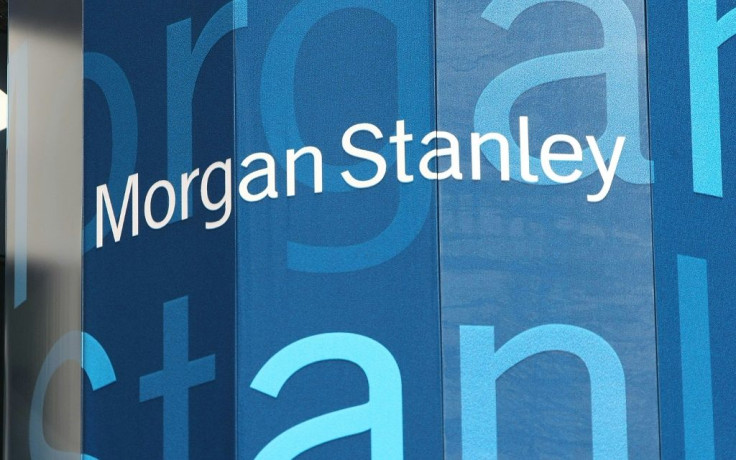Cyberwars: Morgan Stanley Blocks Interns In China From Accessing Remote Networks

KEY POINTS
- The bank placed its interns in China in local offices
- China has very tough cybersecurity laws
- Goldman Sachs , Citigroup and JPMorgan Chase all provided remote access and virtual internships in China
Amid rising tensions between the U.S. and China, Morgan Stanley (MS) has decided to block remote network access for its interns in China as an added security measure.
The Financial Times reported that through this step, Morgan Stanley has prevented its Chinese interns from logging on remotely and gaining access to the megabank’s virtual network.
Rather than allow them to work from home, the bank placed its interns in China in local offices.
The decision relates to fears over China’s tough cybersecurity regime and to worries about the potential vulnerability of the bank’s technology systems in China.
Carly Ramsey, a regulatory specialist based in Shanghai, said the Beijing government often issues new regulations that adds more and more conditions to its 2017 cybersecurity law, including a new regulation posted in early June that specified critical information infrastructure was now subject to national security reviews. The state also imposed new rules on banks regarding the sharing of customer data across borders.
“There are generally really strong cybersecurity rules, with potentially severe penalties, and banks are clear targets for enforcement,” Ramsey said.
Under Beijing directives, companies would also be responsible for anything their system’s users did or wrote that might violate government rules. Hence, a new intern working unsupervised from home poses great risks to a company.
However, it appeared Morgan Stanley is one of the few foreign banks blocking remote access -- Goldman Sachs (GS), Citigroup (C) and JPMorgan Chase (JPM) were all providing remote access and virtual internships in China.
The COVID-19 pandemic has also forced banks to move most of their employees away from offices.
“We have been able to provide an in-person experience for our summer interns in China this year with the COVID-19 situation stabilizing,” a Morgan Stanley spokesman said.
Another large U.S. bank told the Financial Times that its systems in China were often targeted by frequent cyberattacks that were of “infinitely greater” magnitude than in many other nations.
Cybersecurity is a major source of tension between the U.S. and China.
On Tuesday, the U.S. Department of Justice charged two Chinese hackers with cyberattacks designed to steal company secrets -- including data compiled by researchers working on a coronavirus vaccine.
© Copyright IBTimes 2025. All rights reserved.





















